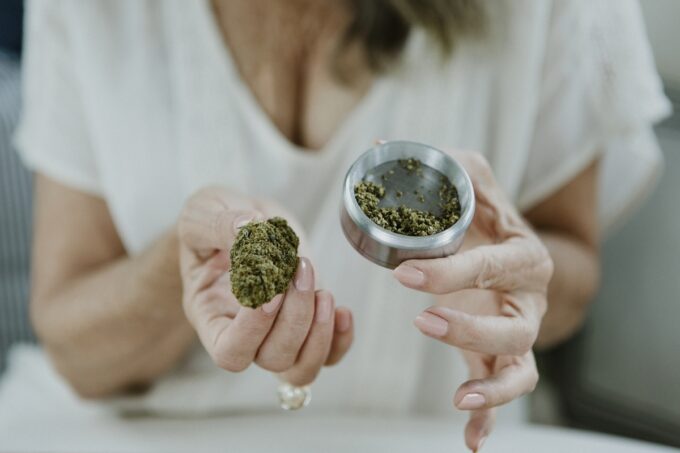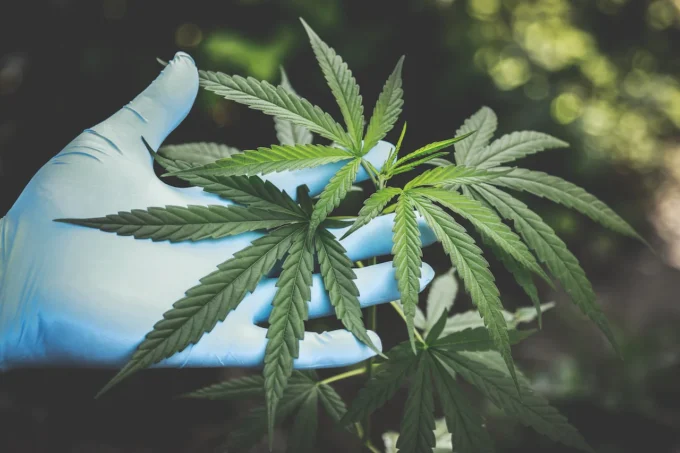Cannabis has been used for centuries as a natural remedy for various medical conditions. With the recent legalization of cannabinoid in many countries around the world, there has been a surge in interest in the potential medical benefits of the plant. One of the newest and most exciting developments in the industry is the concept of medical craft cannabis. In this article, we will explore what medical craft cannabis is, where it came from, and the potential benefits it holds for patients globally.
Medical craft cannabis refers to a specialized form of cannabinoid production that focuses on creating high-quality, artisanal products that are specifically tailored to the needs of medical patients. The craft process is characterized by small-batch production, using organic cultivation techniques, and a slow and deliberate curing process. The result is a product that is rich in flavor and aroma, potent in its medicinal properties, and free from harmful chemicals.
The origins of medical craft cannabis can be traced back to the early days of the medical cannabis movement. As more and more patients began using the plant to manage their medical conditions, a growing number of small-scale growers began experimenting with different cultivation techniques to produce the highest quality cannabinoid possible. These early pioneers of the craft process paved the way for a new generation of growers who are dedicated to creating artisanal products that meet the unique needs of patients.
We were interested in knowing the benefits of the technique, so we asked folks who grow craft cannabis. They replied: “One of the primary benefits of craft cannabis is its potential to provide a more personalized and effective treatment option for patients. Unlike mass-produced cannabis, which is often grown using chemical fertilizers and pesticides.” Determined by the cannabis craft experts at WeGROW. “The crafted cannabinoid is produced using organic cultivation techniques that are free from harmful chemicals. This allows for a purer and more potent product that is better suited to the needs of patients.” They concluded.

Source: exerciseright.com.au
Another benefit of craft cannabis is its potential to provide a more consistent and predictable treatment option for patients. Because the craft process is focused on creating small batches of the flower, each individual plant can be closely monitored and the resulting product can be carefully controlled for potency and quality. This means that patients can rely on a consistent and predictable treatment option that is tailored to their specific needs.
Medical craft cannabis also has the potential to help reduce the stigma associated with cannabis. By producing high-quality, artisanal products that are specifically designed for patients, the craft process helps to shift the conversation around cannabis from one of recreational use to one of medicinal use. This can help to raise awareness about the potential benefits and reduce the stigma that still surrounds the use of the plant in some circles.
In addition to its potential medical benefits, medical craft also has the potential to create new economic opportunities for small-scale growers and producers. By focusing on creating high-quality, artisanal craft products, growers can differentiate themselves from the mass-produced products that dominate the market. This allows them to command a premium price for their product, improving their economic situation and helping to build a sustainable future for the cannabinoid industry.

Source: odingrinders.com
One of the main reasons why high-quality and craft production will be in high demand in the cannabis market of the future is consumer preference. As more people begin to incorporate the flower into their daily lives, they are becoming more discerning about the products they consume. Consumers are increasingly seeking out products that are sustainably produced, free from harmful chemicals, and high in quality. This is particularly true in the case of medical cannabis, where patients are looking for safe, effective, and consistent treatment options.
Another reason why high-quality and craft production will be important in the future of the cannabis market is competition. As the industry continues to grow, there will be more and more companies competing for market share. In order to stand out in this crowded market, companies will need to offer products that are superior in quality and provide a unique value proposition. By focusing on high-quality and craft production, companies can differentiate themselves from their competitors and capture a larger share of the market.
In addition to consumer preference and competition, there is also the issue of regulation. As more countries legalize cannabis, there will be increased scrutiny on the quality of the products being produced. Governments will be looking to ensure that products are safe for consumers to consume and are produced in a responsible and sustainable manner. This will require companies to invest in high-quality production processes that meet regulatory standards.

Source: lindro.it
Craft production, in particular, is expected to play a key role in the cannabis market of the future. Craft cannabinoid is produced in small batches using organic cultivation techniques and a slow and deliberate curing process. The result is a product that is rich in flavor and aroma, potent in its medicinal properties, and free from harmful chemicals. Craft cannabis is often considered to be the highest quality cannabinoid products available, and is highly sought after by consumers who are looking for a premium product.
The future of the cannabis market is bright, but it is also highly competitive. Companies that are able to offer high-quality and craft production will be well positioned to succeed in this growing industry. Consumers will continue to demand products that are sustainably produced, free from harmful chemicals, and of the highest quality. By investing in high-quality and craft production processes, companies can meet these demands and establish themselves as leaders in the global industry.
In conclusion, medical craft cannabis represents an exciting new development in this field. By focusing on creating high-quality, artisanal products that are tailored to the needs of patients, the craft process has the potential to provide a more personalized and effective treatment option for patients, reduce the stigma associated with cannabinoid products, and create new economic opportunities for small-scale growers and producers. As the industry continues to evolve, medical craft cannabis is sure to play an increasingly important role in providing patients with the safe, effective, and sustainable treatment options they need to manage their medical conditions.







